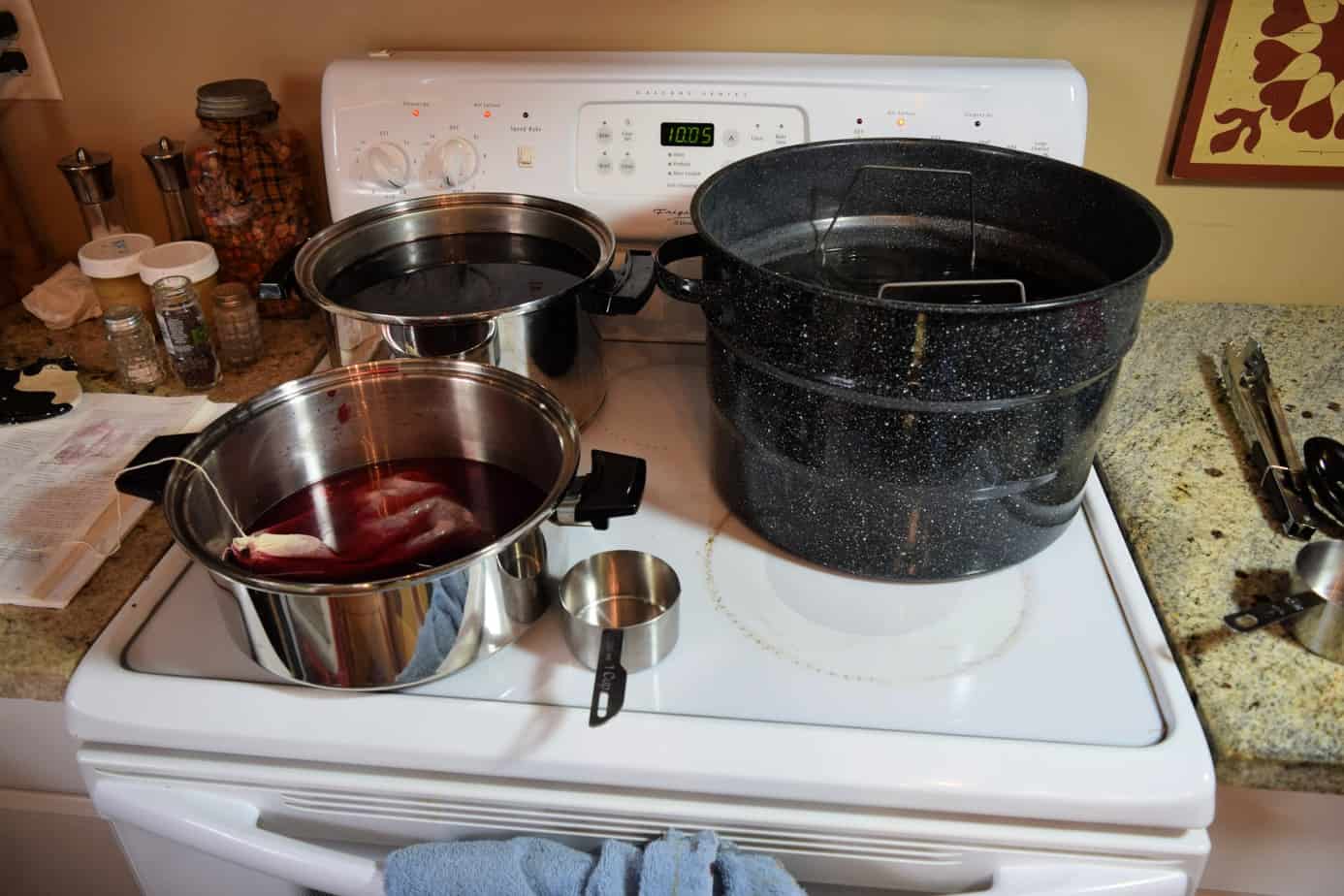

Articles
Why Can’t You Can On A Glass Top Stove
Modified: January 5, 2024
Discover the reasons why you can't use certain cookware on a glass top stove in this informative article. Learn how to protect your stove and prevent damage.
(Many of the links in this article redirect to a specific reviewed product. Your purchase of these products through affiliate links helps to generate commission for Storables.com, at no extra cost. Learn more)
Introduction
Glass top stoves have become a popular choice in many modern kitchens due to their sleek design and easy-to-clean surface. However, one limitation that is often overlooked is the inability to safely perform canning on these types of stoves. If you have ever tried canning on a glass top stove, you may have found that it didn’t yield the desired results or worse, caused damage to your stove. In this article, we will explore why canning on a glass top stove is not recommended and discuss the potential risks and concerns associated with this practice. We will also provide alternative methods for canning that you can consider if you have a glass top stove in your kitchen.
Key Takeaways:
- Canning on glass top stoves poses risks of damage, personal injury, and inadequate processing. Explore alternative methods like electric or gas coil stoves, outdoor burners, pressure canners, freezing, and drying for safe food preservation.
- Prioritize safety by refraining from canning on glass top stoves. Consider alternative methods such as pressure canners, outdoor burners, and freezing to preserve food without compromising stove integrity or risking personal injury.
Read more: Why Cant You Recycle Pizza Boxes
Understanding Glass Top Stoves
Glass top stoves, also known as ceramic cooktop stoves, are characterized by their smooth glass surface that covers the heating elements. This surface is made of a special type of tempered glass that is designed to withstand high temperatures and distribute heat evenly. The heating elements beneath the glass surface provide the heat needed for cooking, and the glass top acts as a protective barrier between the heat source and the cookware.
One of the main advantages of glass top stoves is their sleek and modern appearance. The smooth surface is not only visually appealing but also makes cleaning a breeze. Unlike traditional coil or gas stoves, there are no crevices or grates where food particles can get trapped, making it much easier to wipe away spills and splatters.
However, the design of glass top stoves also comes with certain limitations. While they are suitable for most types of cooking methods, such as frying, boiling, and sautéing, they are not well-suited for canning. Canning involves a prolonged period of high heat, which can pose risks and potentially damage the glass surface of the stove.
It is important to note that not all glass top stoves are the same. Some models may have additional features or variations in their design that may affect their suitability for canning. It is always recommended to consult your stove’s manufacturer guidelines and specifications to determine if canning is safe to perform on your specific model.
The Reasons Behind the Limitation
The limitation of canning on a glass top stove can be attributed to several factors. Let’s explore the reasons behind this restriction:
- Heat Distribution: Glass top stoves are designed to evenly distribute heat across the cooking surface. However, when it comes to canning, the prolonged and intense heat required to properly process canned goods may lead to uneven heat distribution. This can result in hot spots on the glass surface, potentially causing it to crack or break under the extreme temperatures.
- Weight and Stability: Canning involves the use of large, heavy pots filled with jars and liquid. Glass top stoves may not have the same level of durability or stability as other types of stoves, such as gas or electric coil stoves. The weight of the canning pots, combined with the heat, can put excessive stress on the glass surface, leading to cracking or even shattering.
- Thermal Shock: Glass has the potential to experience thermal shock when exposed to sudden extreme temperature changes. When canning, the process often involves transferring jars from a hot water bath or pressure canner directly onto the glass surface, which can lead to rapid temperature fluctuations. This thermal shock can cause the glass to expand and contract quickly, increasing the risk of cracking or breaking.
- Non-Uniform Surface: Unlike traditional coil or gas stoves, glass top stoves have a smooth, flat surface. This lack of surface irregularities can create a lack of traction for canning pots, making them more prone to sliding or shifting during the canning process. This movement can potentially cause the jars to tip over or spill, further increasing the risk of damage to both the stove and the user.
Considering these factors, it is clear why manufacturers do not recommend canning on glass top stoves. It is essential to understand the limitations of your stove and prioritize safety when it comes to food preservation.
Use flat-bottomed cookware for better heat conduction on a glass top stove. Avoid dragging pots and pans to prevent scratching the surface. Always clean up spills promptly to prevent staining.
Potential Risks and Concerns
Attempting to can on a glass top stove can lead to several significant risks and concerns. It is crucial to be aware of these potential issues to ensure the safety of both yourself and your kitchen appliances. Here are some key risks and concerns associated with canning on a glass top stove:
- Stove Damage: The intense heat and weight of canning pots can cause damage to the glass surface of the stove. Cracks, fractures, or even complete breakage can occur, rendering the stove inoperable and requiring costly repairs or replacement.
- Personal Injury: If the glass surface of the stove cracks or shatters while canning, it can result in flying glass fragments, posing a significant risk of injury to the cook. These sharp shards can cause cuts or burns, leading to potential medical emergencies.
- Inadequate Processing: Glass top stoves may not provide the consistent and uniform heat necessary for proper canning. Uneven heat distribution can result in under-processed or improperly sealed jars, increasing the risk of foodborne illnesses caused by spoiled or contaminated food.
- Fire Hazard: The weight of canning pots on a glass top stove, combined with uneven heat distribution, can potentially lead to overheating and the risk of a fire. The glass surface may not be able to handle the extreme temperatures, leading to ignition of nearby flammable materials or electrical components.
- Voiding Warranty: Attempting to can on a glass top stove against the manufacturer’s recommendations may void the warranty of the appliance. This means that if any damage occurs, you may not be eligible for repairs or replacements, resulting in significant financial implications.
Considering these risks and concerns, it is highly advisable to follow the manufacturer’s guidelines and refrain from canning on a glass top stove. It is essential to prioritize the safety of yourself, your home, and your loved ones when it comes to food preservation.
Alternatives to Canning on a Glass Top Stove
While canning on a glass top stove is not recommended, there are alternative methods you can explore to safely preserve your food. Here are a few options to consider:
- Electric or Gas Coil Stove: If you have access to an electric or gas coil stove, these types of stoves are suitable for canning. They provide more stable heat distribution and can handle the weight of canning pots without risking damage to the stove’s surface. Ensure that you follow the canning guidelines specific to your stove type.
- Outdoor Propane Burner: Another alternative is to use an outdoor propane burner specifically designed for canning and outdoor cooking. These burners provide a stable and high-powered heat source, allowing you to safely perform canning without the risk of damaging your glass top stove. Make sure to follow proper safety precautions when using outdoor cooking equipment.
- Pressure Canner: Consider investing in a pressure canner as an alternative to traditional water bath canning. Pressure canners use high heat and pressure to safely preserve low-acid foods. They are specifically designed for canning purposes and can be used on various heat sources, including gas, electric, and even outdoor burners.
- Freezing: Freezing is another effective method of preserving foods. Many fruits, vegetables, and even some sauces can be frozen and stored for later use. Proper packaging is essential to prevent freezer burn and maintain the quality of the frozen food.
- Drying: Drying or dehydrating foods is a great way to extend their shelf life. You can use a food dehydrator, oven, or even air-drying methods to remove moisture from fruits, vegetables, herbs, and meat. Dried foods can be stored in airtight containers in a cool, dry place.
Remember to always follow safe canning practices and refer to reliable sources for specific instructions related to each preservation method. These alternatives allow you to safely preserve your food without compromising the integrity of your glass top stove.
Conclusion
While glass top stoves offer a sleek and modern design, it is important to understand their limitations. Canning on a glass top stove is not recommended due to the potential risks of stove damage, personal injury, inadequate processing, fire hazards, and voiding warranties. The factors of uneven heat distribution, weight and stability, thermal shock, and the non-uniform surface of glass top stoves can lead to these risks and concerns.
Fortunately, there are alternative methods for safely preserving food if you have a glass top stove. Electric or gas coil stoves, outdoor propane burners, pressure canners, freezing, and drying are all viable options. These methods provide a safer and more suitable way to preserve your food without risking damage to your glass top stove or compromising the quality and safety of canned goods.
It is essential to prioritize safety and follow the manufacturer’s guidelines when using any cooking equipment, including glass top stoves. By understanding the limitations of your stove and exploring alternative methods, you can ensure the longevity of your appliance and protect yourself from potential accidents or injuries.
Remember to consult reputable sources and follow proper safety guidelines when preserving food. By taking these precautions, you can confidently enjoy the art of food preservation while keeping your kitchen and yourself safe.
Frequently Asked Questions about Why Can't You Can On A Glass Top Stove
Was this page helpful?
At Storables.com, we guarantee accurate and reliable information. Our content, validated by Expert Board Contributors, is crafted following stringent Editorial Policies. We're committed to providing you with well-researched, expert-backed insights for all your informational needs.
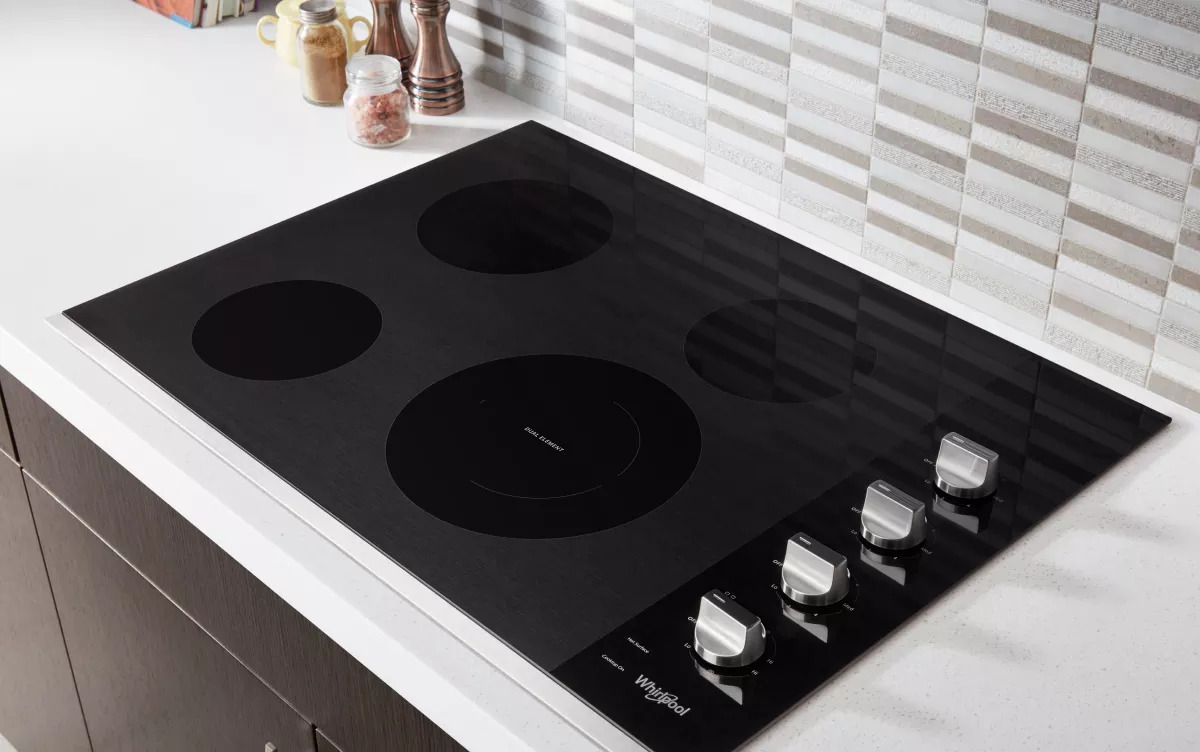
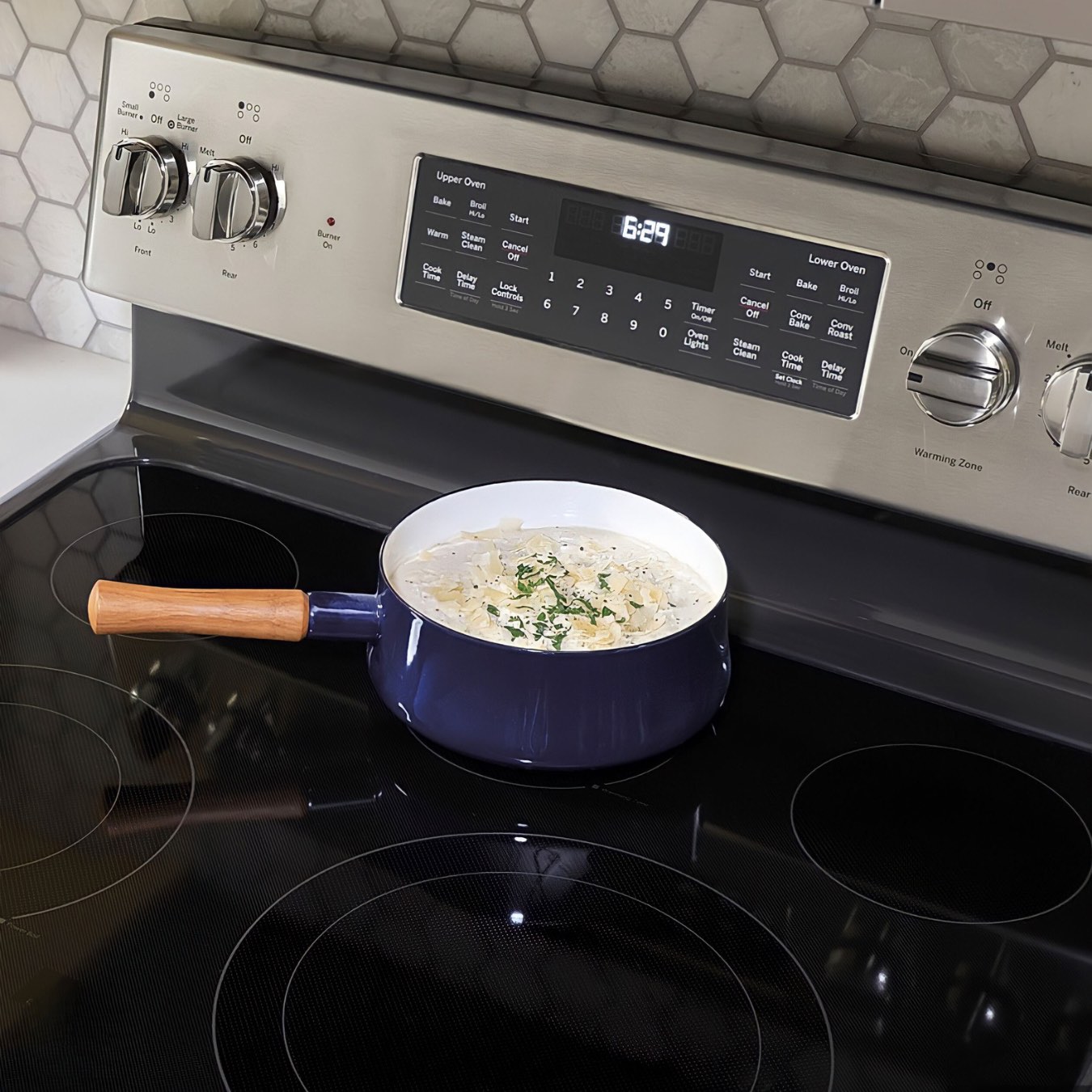
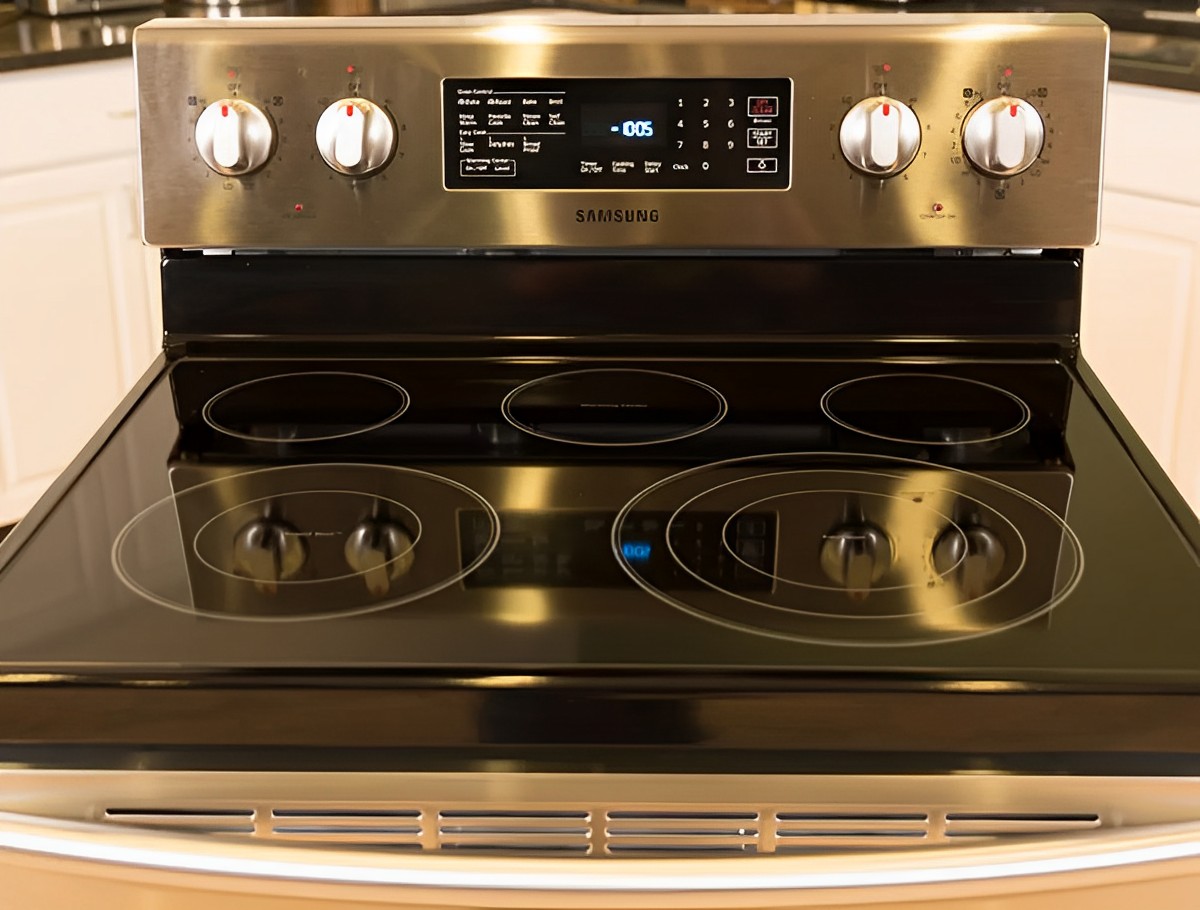
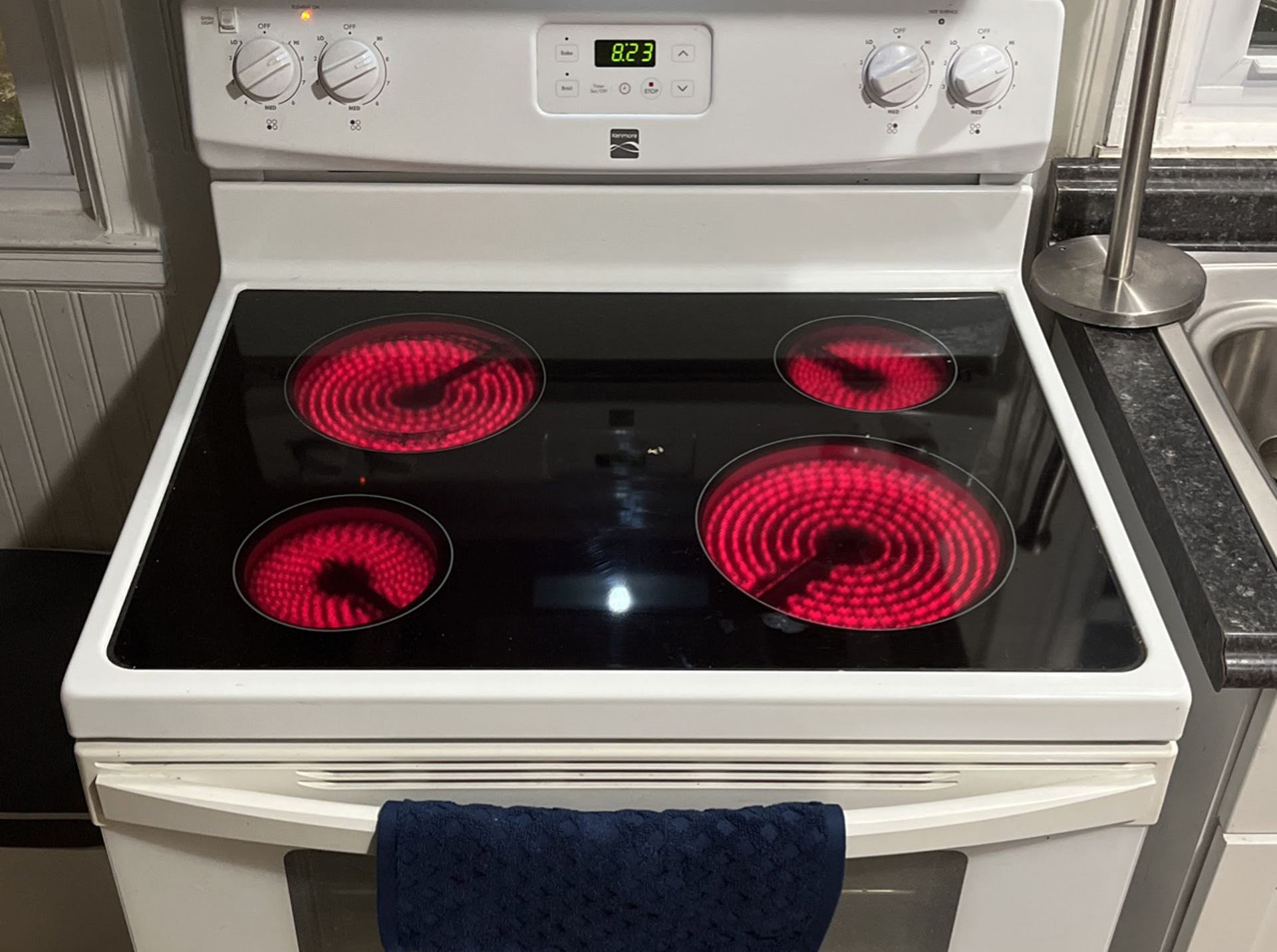
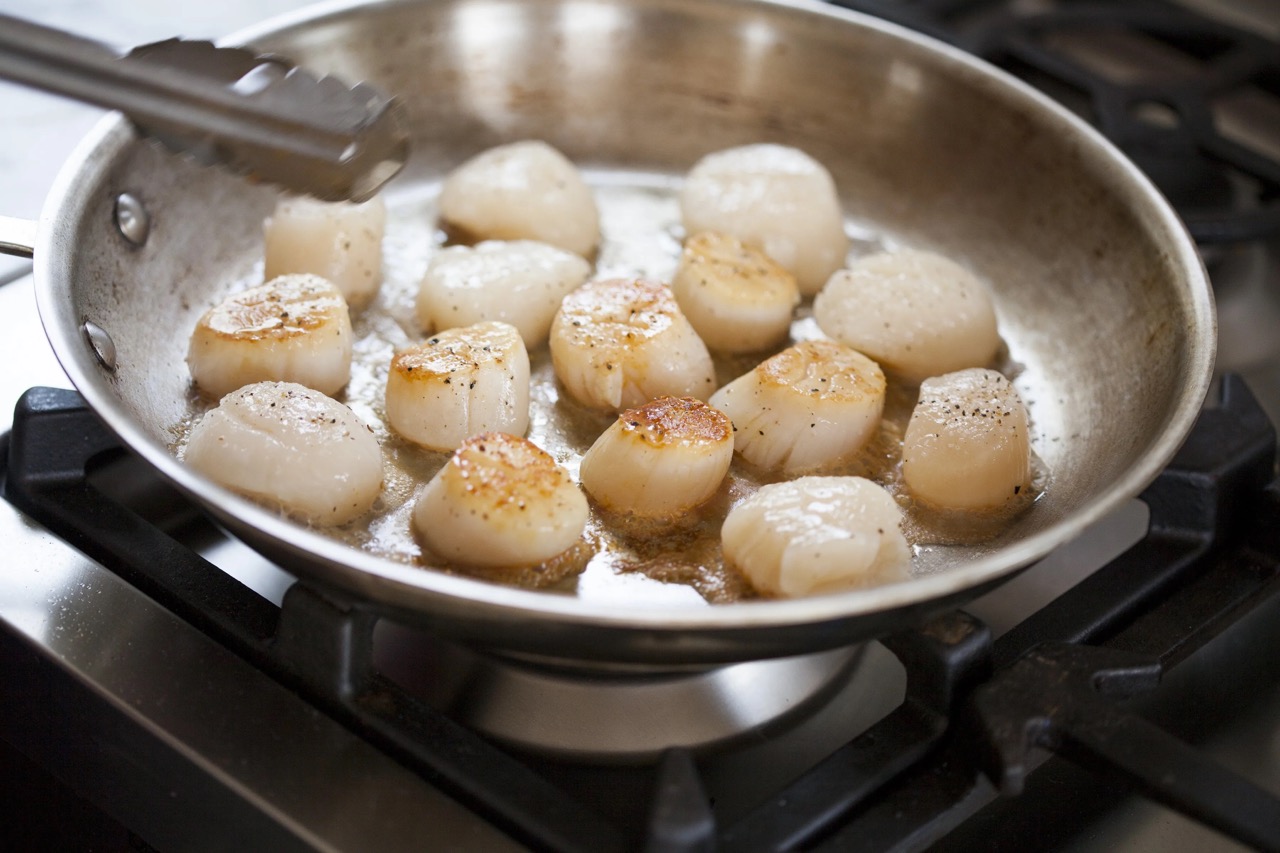
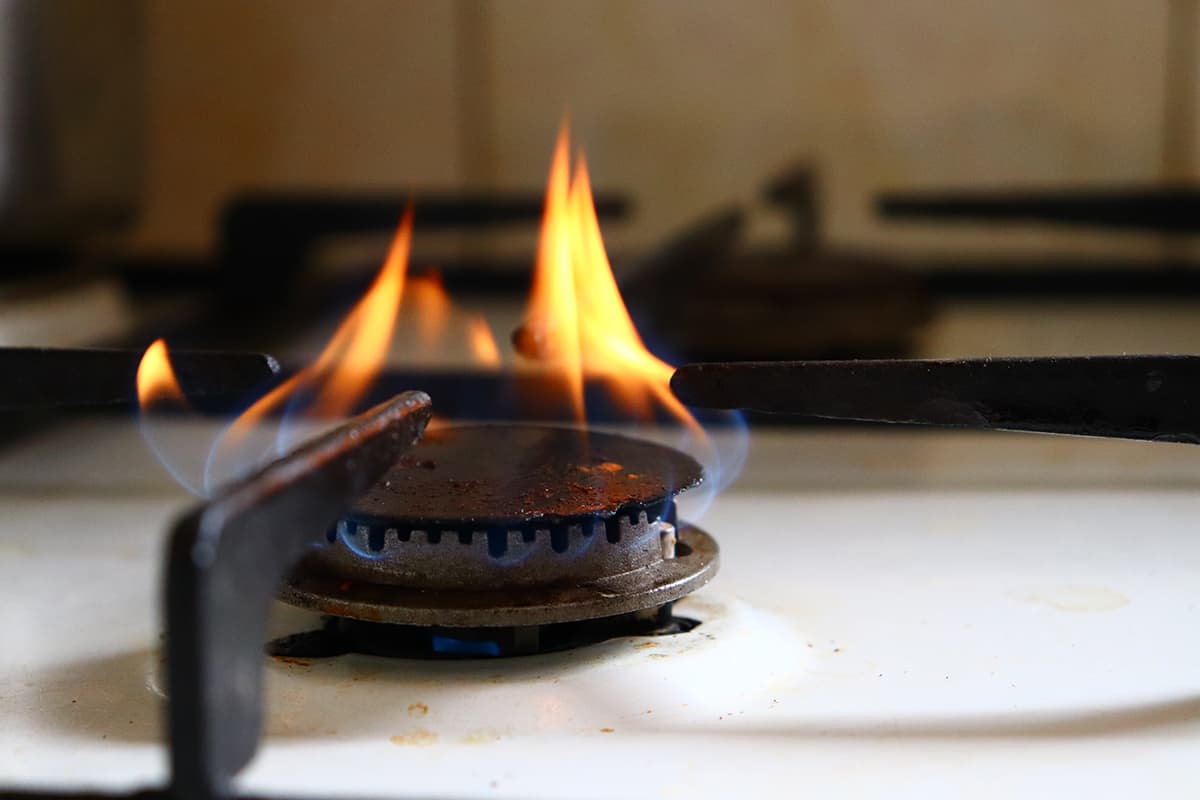
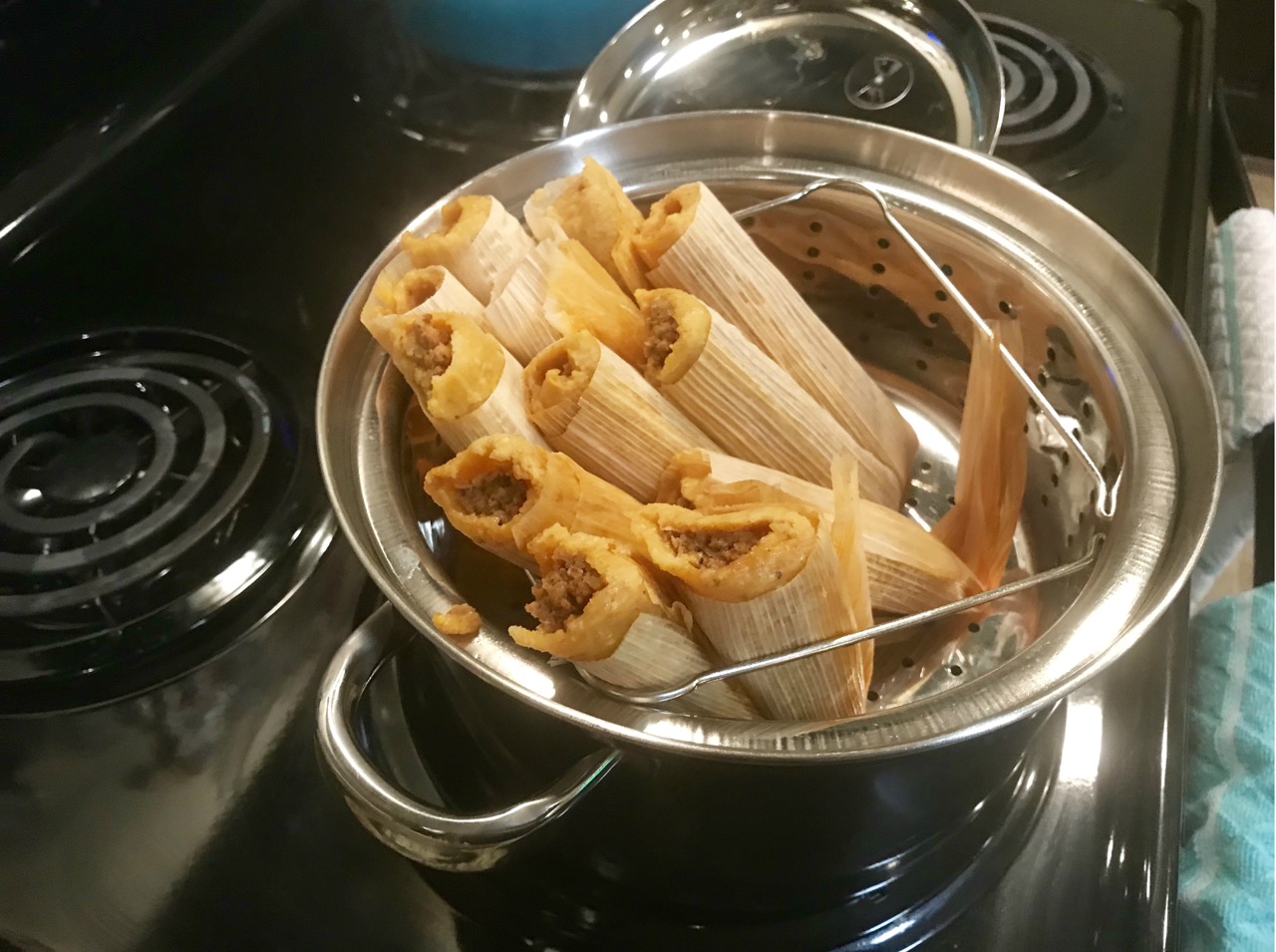
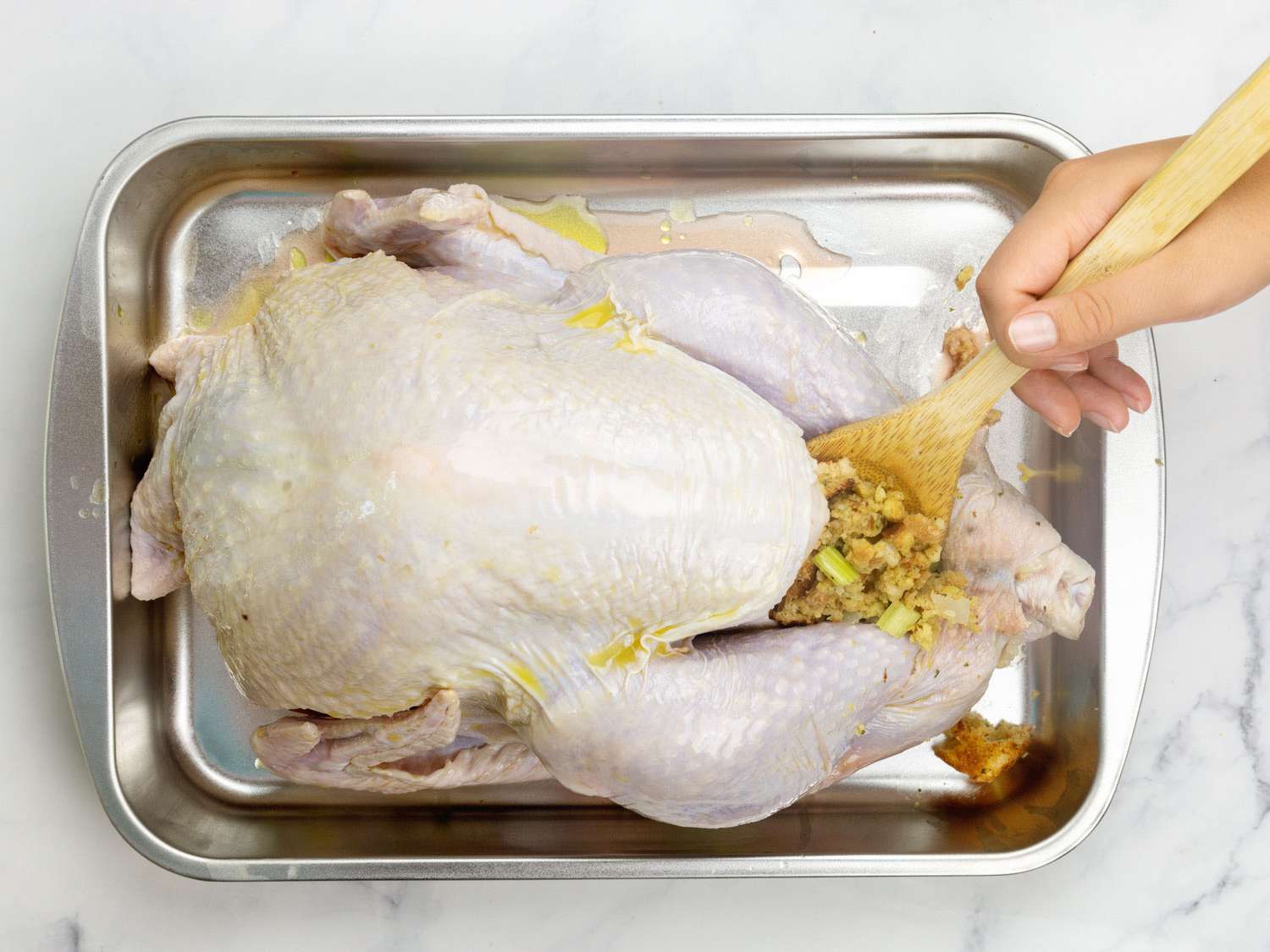
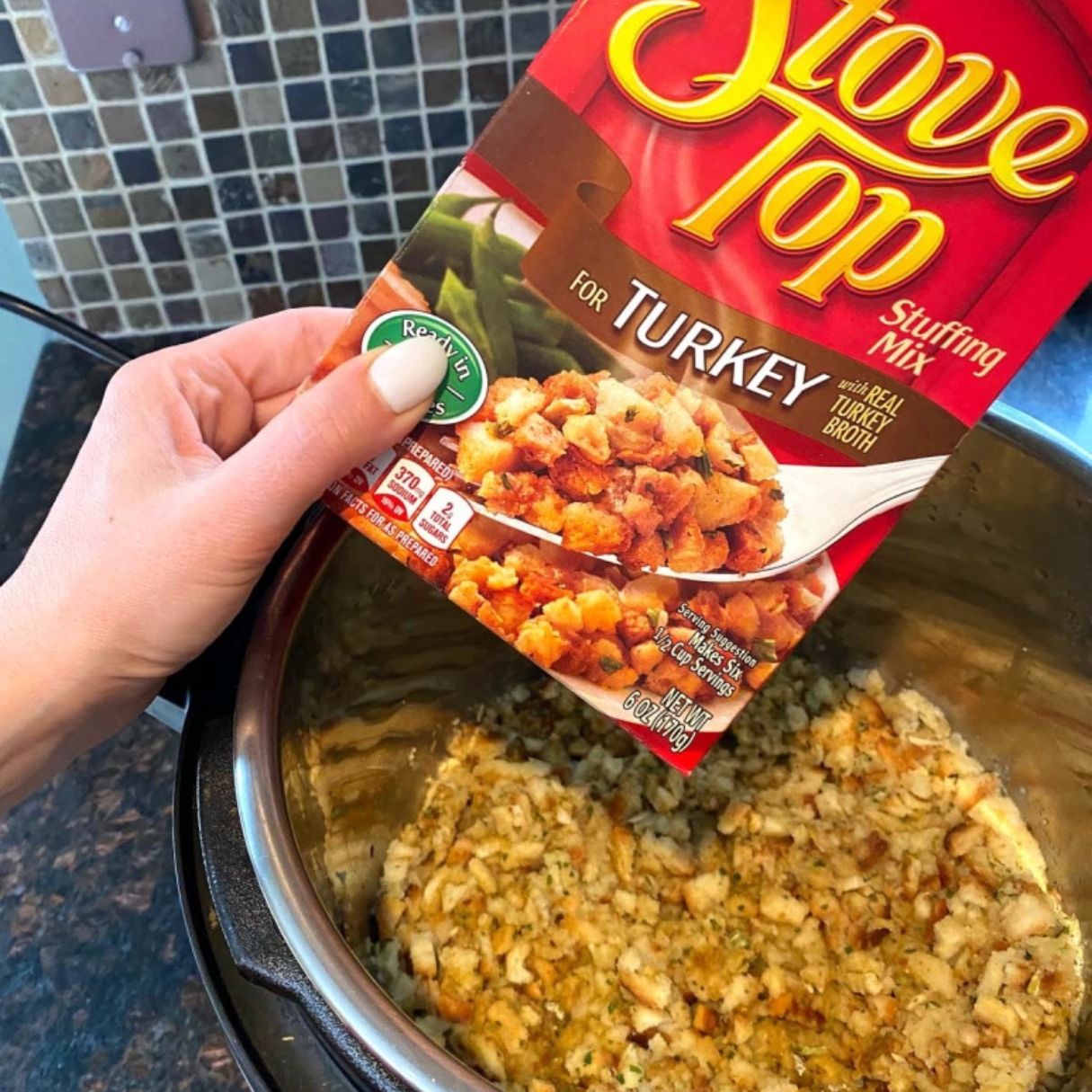
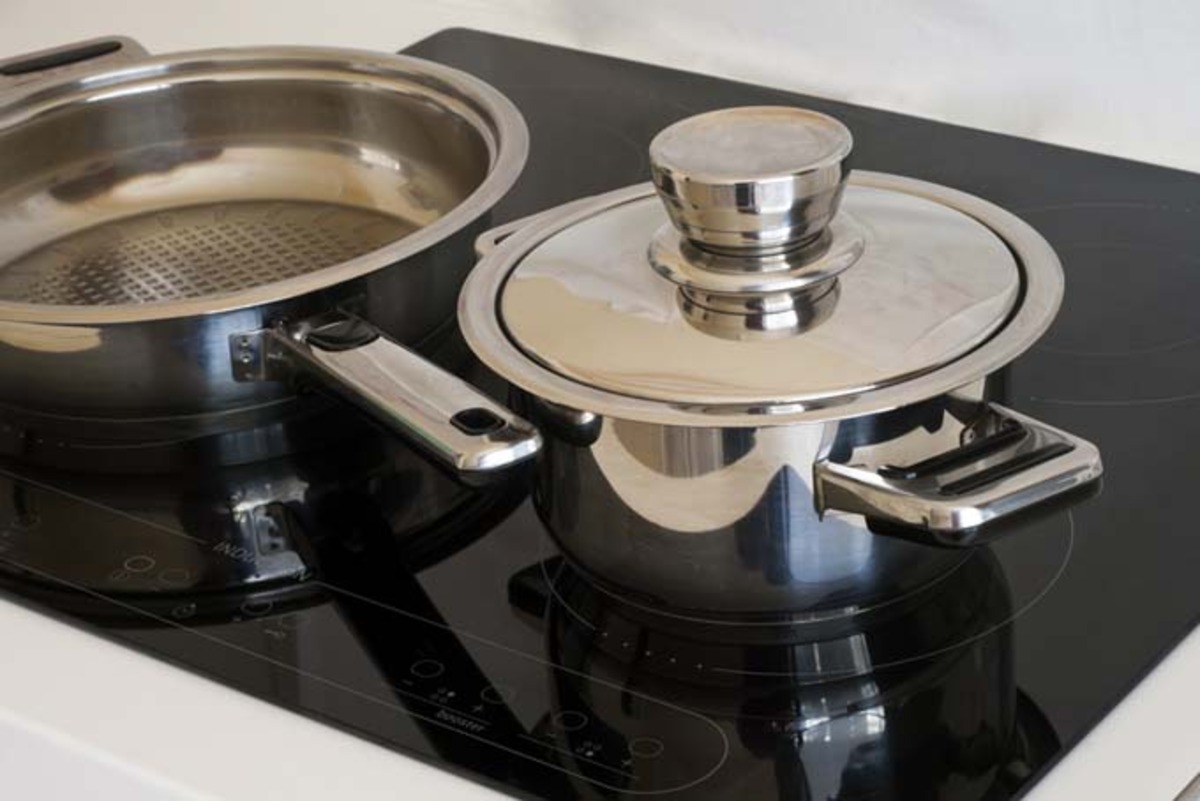
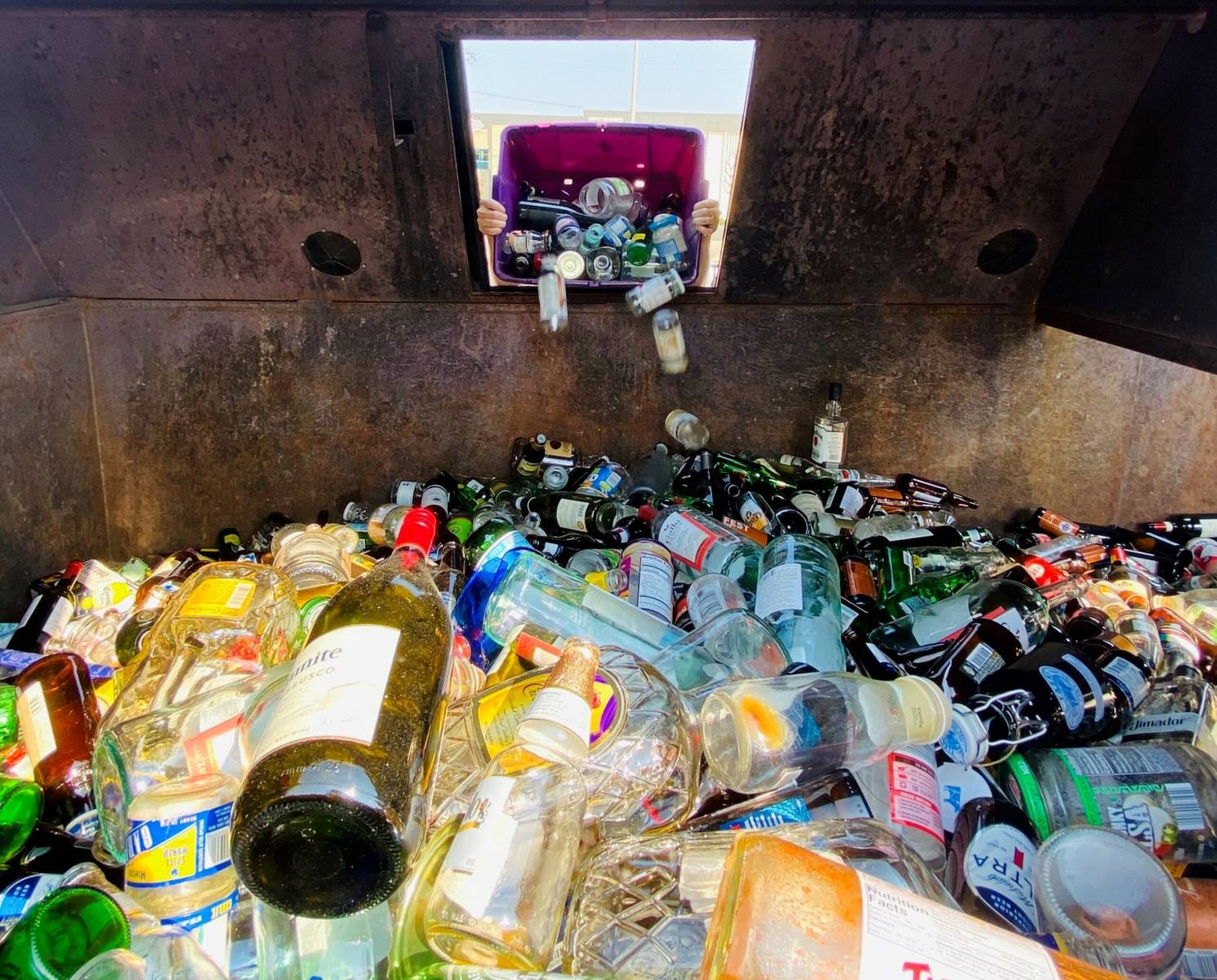
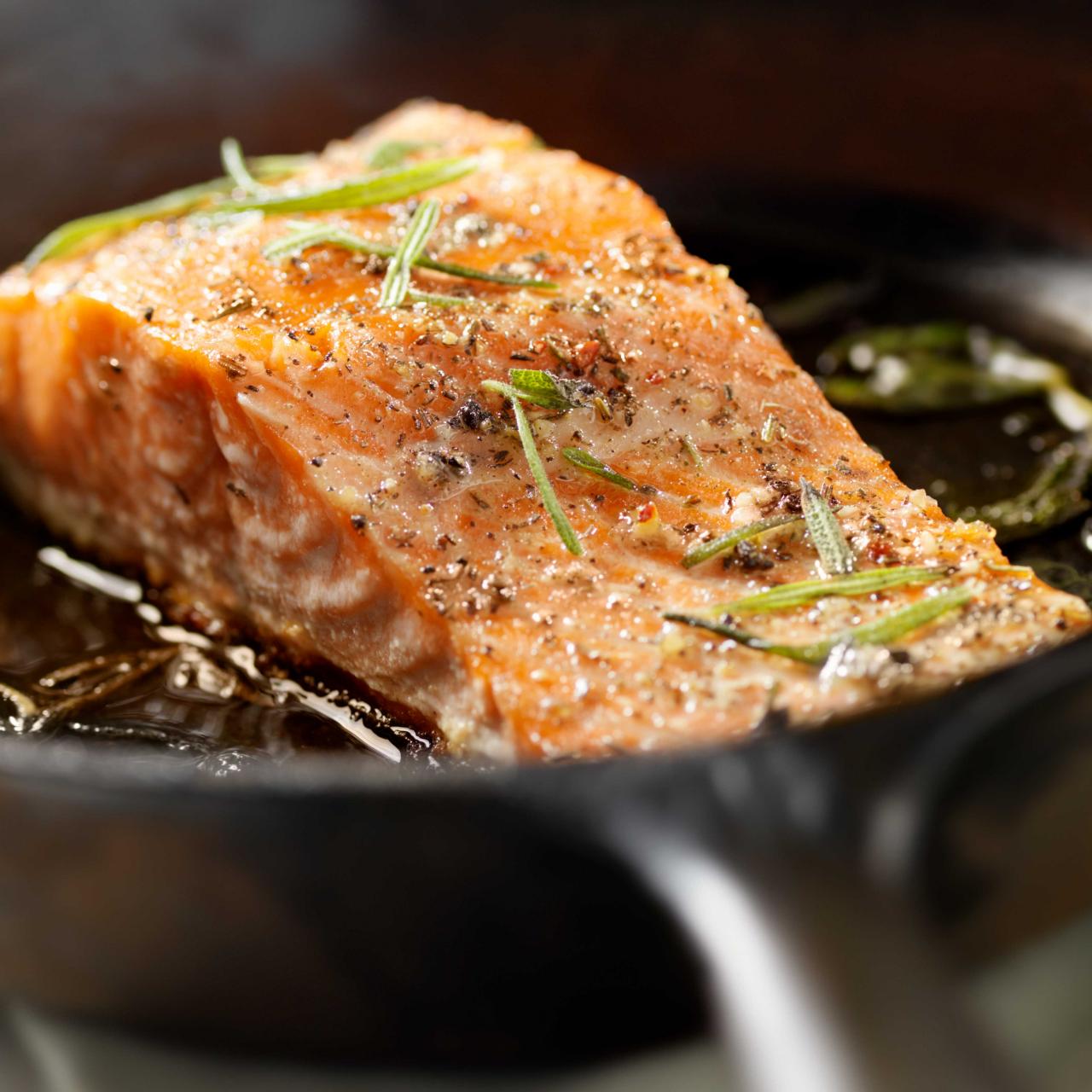
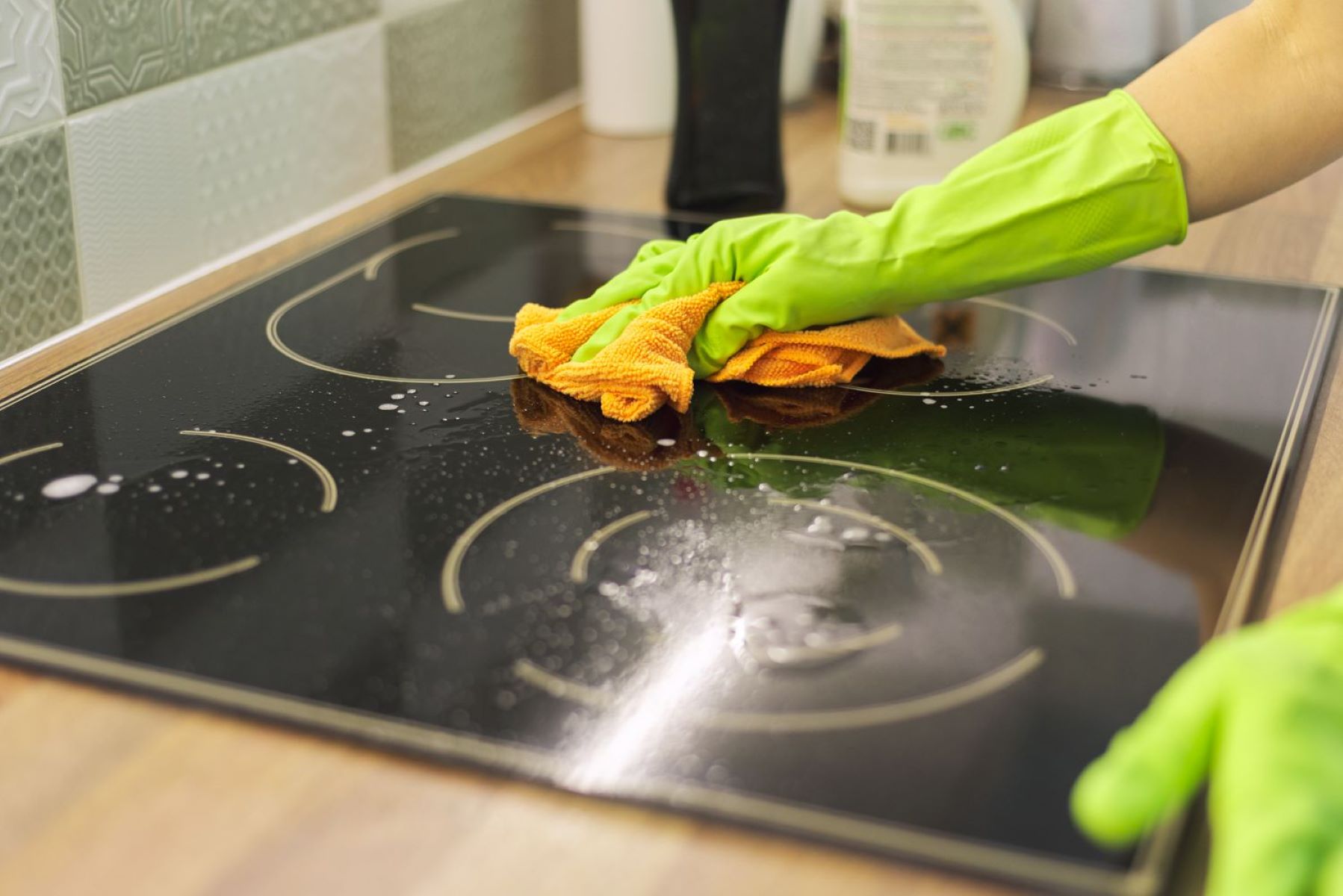
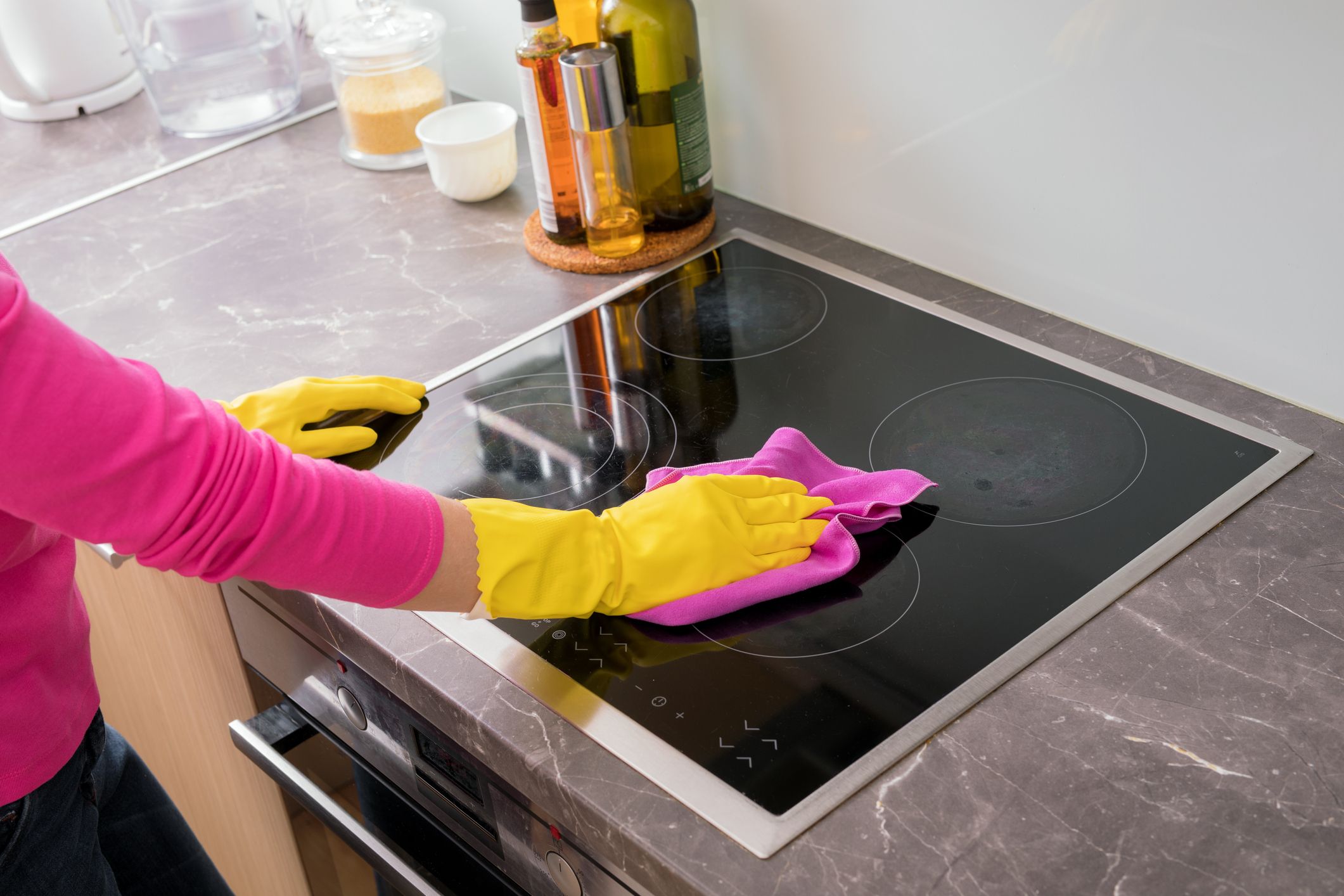

0 thoughts on “Why Can’t You Can On A Glass Top Stove”